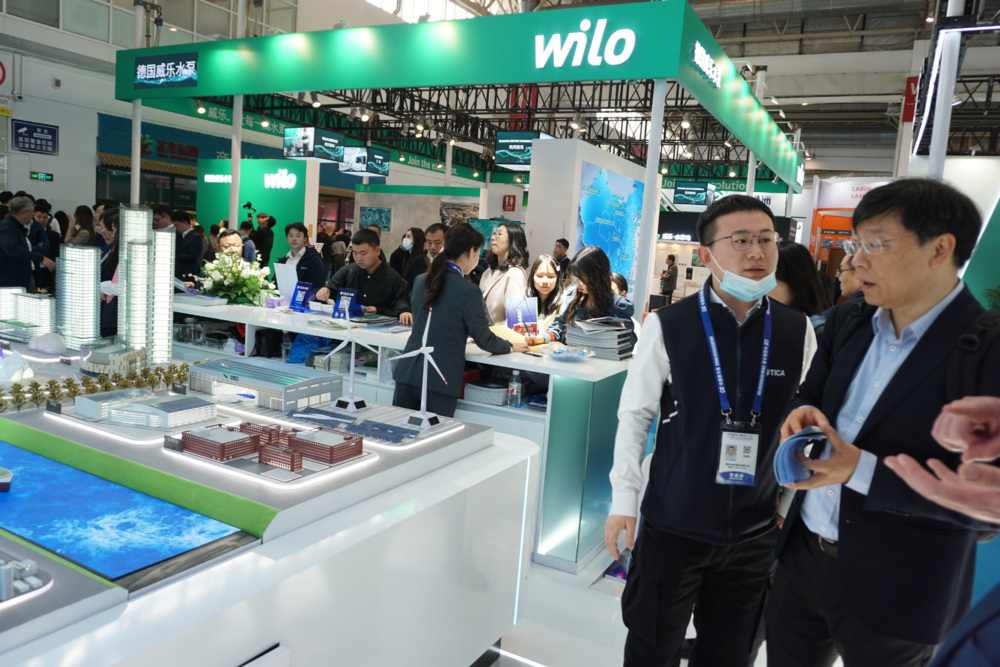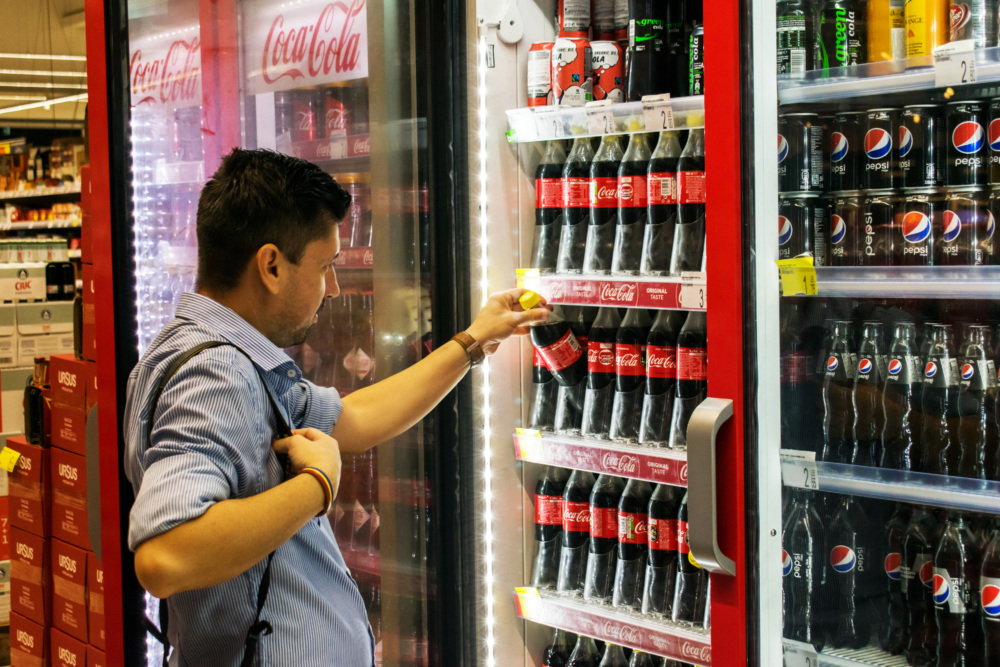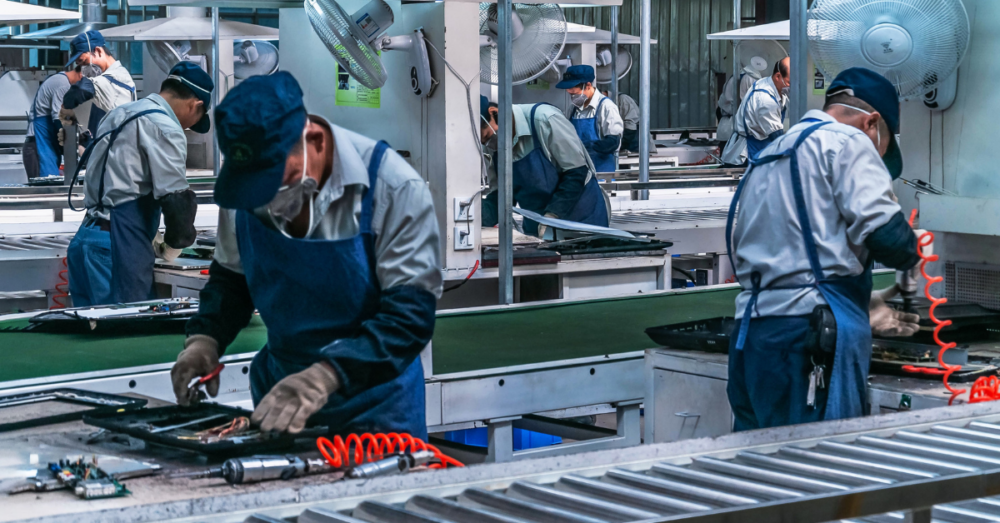SEAD and India’s Bureau of Energy Efficiency Host Workshop on Enhancing Space Cooling Efficiency and Demand Response
On 24–25 June, domestic and international experts gathered for a two-day workshop to address India’s rapidly growing electricity demand from air conditioners (ACs). In a series of panel discussions, air conditioning manufacturers, demand response providers, and regulatory experts focused on the impact of ACs on the Indian electric grid and the role of energy efficiency and demand response to meet rising electricity demand. The Bureau of Energy Efficiency in India’s Ministry of Power and the U.S. Department of Energy organized the event in collaboration with the Clean Energy Ministerial’s Super-efficient Equipment and Appliance Deployment (SEAD) and 21st Century Power Partnership initiatives as part of the U.S.-India Collaboration on Smart and Efficient Air Conditioning and Space Cooling.
“Energy efficiency and demand response will both be critical pillars in managing peak load from space cooling in India, in addition to commercial buildings that stay cooler by design,” said Dr. Ajay Mathur, Director General, Bureau of Energy Efficiency, in his remarks. “We hope that the various international and Indian perspectives on efficiency and demand response featured as part of this workshop can spark an ongoing dialogue about these issues in order to implement affordable, smart, and efficient space cooling solutions to serve the Indian people.”
Mr. Gireesh Pradhan, Chairperson of the Central Electricity Regulatory Commission, seconded the call for a greater focus on demand reduction. “Traditionally we have focused on supply to meet growing electricity demand in India. Now is the time for our focus to increasingly turn to managing demand in order to optimize our existing energy resources,” he explained.
Workshop participants assessed technology, market, regulatory, and policy issues related to the adoption of efficient and demand response ready space cooling to effectively reduce the impact of large-scale peak electricity demand.
Since 2004, room AC sales in India have been growing at about 15% per year, with more than 3.5 million units sold in 2013. Growth in AC sales is expected to raise peak electricity demand by 75,000 megawatts (MW) to 150,000 MW by 2030, according to a study by the Expert Group on Low Carbon Strategies for Inclusive Growth for India’s Planning Commission and independent analysis conducted by the Lawrence Berkeley National Laboratory (LBNL) for the SEAD initiative.
“Demand response is already delivering more than 50,000 MW in peak load reduction in the United States,” observed Dr. Nihar Shah, energy efficiency expert at LBNL. “Pilots in Mumbai and Delhi are also demonstrating the potential for peak load reduction in India.”
“Many countries are facing similar challenges in meeting rapidly growing AC electricity demand. SEAD partners, including the Indian and U.S. governments, are working together to gather knowledge and share experiences on policies to improve room AC efficiency, such as standards and labels, and manage demand, ” said Dr. Gabrielle Dreyfus, coordinator of the SEAD initiative.
Speakers at the workshop included Dr. Ajay Mathur (Director General, Bureau of Energy Efficiency); Mr. Gireesh Pradhan (Chairman, Central Electricity Regulatory Commission); Mr. Reji Kumar Pillai (President, India Smart Grid Forum); and representatives from the Refrigeration and Airconditioning Manufacturers’ Association (RAMA), Blue Star Ltd., Daikin Air-conditioning India Pvt. Ltd., LG Electronics India Pvt. Ltd., Siemens India, Honeywell, Opower, Tata Power, and others.
The workshop agenda and presentation files are available on the BEE website, at http://www.beeindia.in/content.php?page=schemes/schemes.php?id=2.
About BEE
The Bureau of Energy Efficiency (BEE) is a multi disciplinary body under the provisions of the Energy Conservation Act, 2001 and established with effect from 1 March 2002. BEE’s mission is to develop policy and strategies with a thrust on self-regulation and market principles, within the overall framework of the Energy Conservation Act (EC Act), 2001, with the primary objective of reducing the energy intensity of the Indian economy. The Energy Conservation Act provides for quasi-regulatory and promotion functions to BEE. BEE has developed minimum energy performance standards and labeling for equipment and appliances.
About SEAD
Through the collaborative efforts of its 16 participating governments, the Super-efficient Equipment and Appliance Deployment (SEAD) initiative under the Clean Energy Ministerial and International Partnership for Energy Efficiency Cooperation (IPEEC) aims to accelerate global progress on the energy efficiency of equipment and appliances. Governments participating in SEAD include Australia, Brazil, Canada, France, Germany, India, Japan, Korea, Mexico, Russia, South Africa, Sweden, the United Arab Emirates, the United Kingdom, the United States, and the European Commission.
About 21CPP
The 21st Century Power Partnership (21CPP) aims to accelerate the transition to clean, efficient, reliable and cost-effective power systems. 21CPP is a multilateral effort of the Clean Energy Ministerial and serves as a platform for collaboration to advance integrated policy, regulatory, financial, and technical solutions for the large-scale deployment of renewable energy in combination with deep energy efficiency and smart grid solutions.
This post originally appeared on www.cleanenergyministerial.org.









